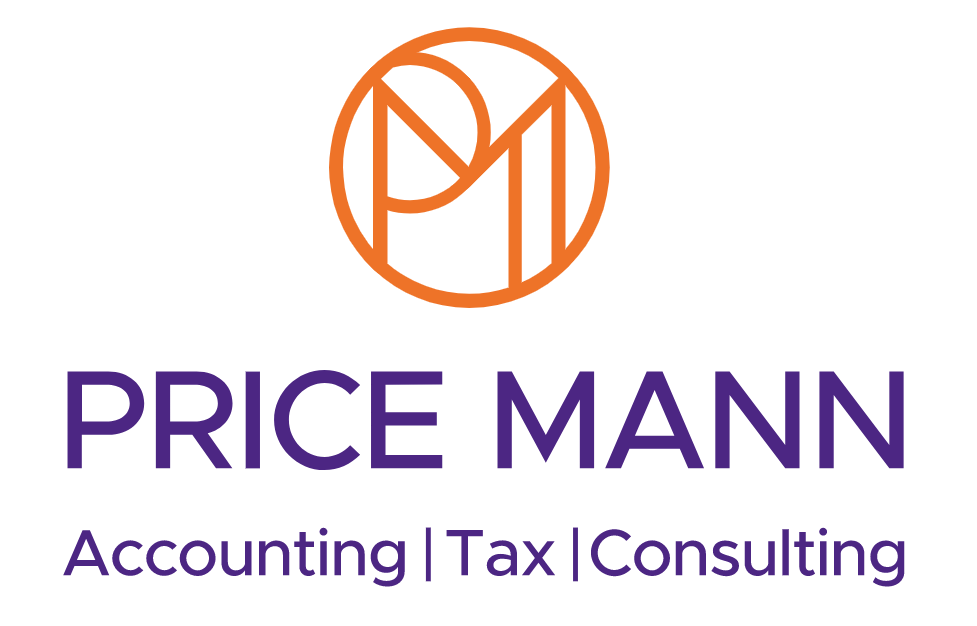Planning Ahead: Tax planning strategies
Planning Ahead: Tax planning strategies
As a business owner, tax planning is an essential part of staying on top of your financial health. The upcoming fiscal year in the UK is right around the corner, and now is the perfect time to start implementing tax strategies that can save you both time and money. This blog post will provide a conversational guide to tax planning strategies you can use to stay ahead of the game. Remember, it's never too early to start planning!
Understanding Key Tax Deadlines and Requirements
The first step in planning your taxes is being aware of the various deadlines and requirements for the upcoming fiscal year. The previous UK tax year ran from April 6th to April 5th. Make sure to mark these dates in your calendar and set reminders so you can avoid costly late fees and penalties for the new tax calendar year.
Here are several important dates to keep in mind for the next tax calendar year, according to HMRC:
- Secure your spot in the Self-Assessment realm by the 5th of October, 2023. Whether you're a lone wolf in the business world, part of a dynamic duo, or even if you're newly self-employed, it's essential to get registered.
- Traditionalists who prefer to file their tax returns on paper, remember to let your declarations fly before the witching hour on All Hallows' Eve, the 31st of October, 2023. Be sure not to let your paperwork turn into a pumpkin!
- For the digital savvy, you've got a bit more breathing room. Ensure your online tax returns are submitted before the clock strikes twelve on the last day of the first month in 2024 – January 31st.
- And don't forget, paying your dues is just as important as declaring them. Make sure to settle up with the taxman again by the stroke of midnight on the 31st of January, 2024. Pay your tax obligation and start the year off on the right foot.
Mark these important dates on your calendar if you're navigating the world of self-employment, sole trading, or managing a partnership. And if you're not self-employed, you'll need to keep these in mind too.
Making Estimated Tax Payments
If you're a self-employed business owner, it's crucial to make estimated tax payments throughout the year. By doing so, you can avoid a large tax bill at the end of the year and prevent potential cash flow issues. Use the previous year's tax bill as a starting point, and adjust your payments based on your projected income for the upcoming fiscal year. Remember to review and adjust your estimates periodically to ensure you're paying the right amount.
Utilising Tax Deductions and Credits
One of the most effective ways to reduce your tax liability is by taking advantage of tax deductions and credits. Deductions can be claimed for various business expenses, such as:
- Office supplies and equipment
- Marketing and advertising costs
- Business travel expenses
- Staff training and development
Additionally, tax credits are available for specific activities, such as research and development (R&D) tax credits. Make sure to keep accurate records of your expenses throughout the year and consult with an accountant to ensure you're maximising your deductions and credits.
Planning for Retirement Contributions
Retirement planning is an essential part of any long-term financial strategy, and it can also have tax benefits. In the UK, pension contributions are tax-deductible, meaning they can reduce your overall taxable income. By contributing to a pension scheme, you're not only securing your financial future, but you're also reducing your tax bill. Speak with a financial advisor to determine the best retirement plan for your specific needs.
Contact us to schedule a consultation and discuss how we can help with your tax planning.













